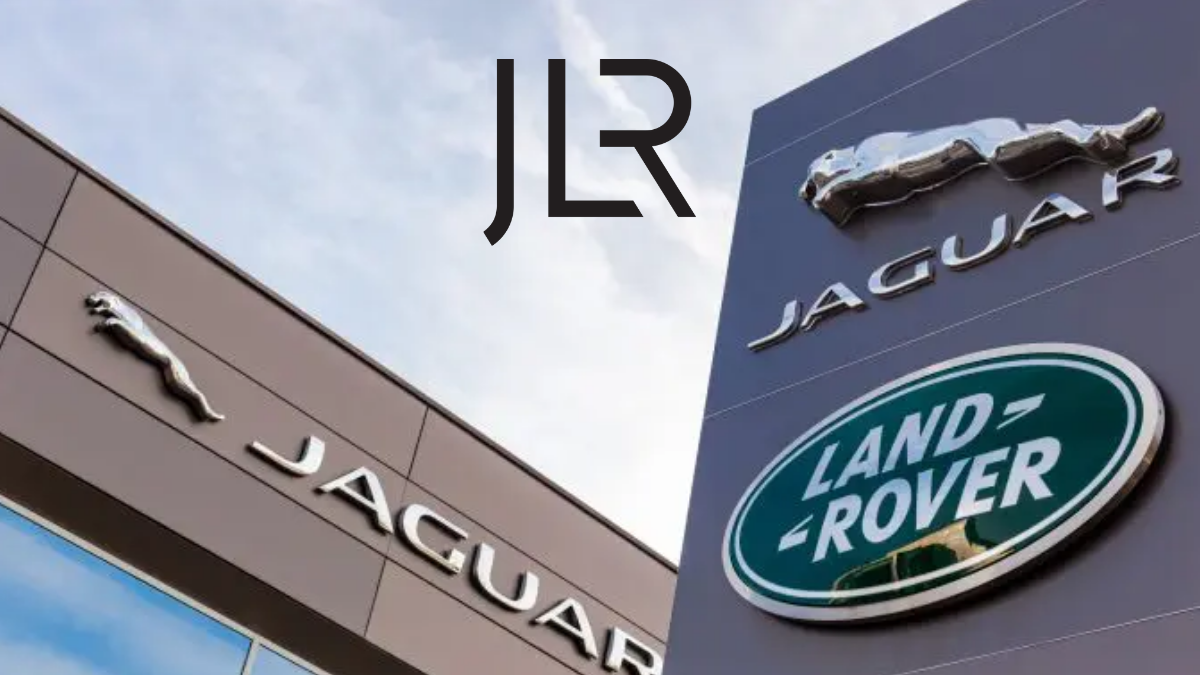From Sudden Halt to a Phased Recovery

Jaguar Land Rover owned by Tata Motors is restarting parts of its UK manufacturing after a cyberattack on August 31, 2025 forced a controlled shutdown of production and core IT systems. The disruption affected Solihull, Wolverhampton, and Halewood and rippled across suppliers, finances, and deliveries. After several extensions to the outage window while investigations progressed, JLR says it will resume manufacturing in stages over the coming days, prioritizing a safe and secure restart of systems and lines.
Table of Contents
What Happened and Where We Are Now
Following the attack, JLR took its IT systems offline to contain damage and provide a controlled environment for forensics and recovery. The company has emphasized collaboration with cybersecurity specialists, the UK Government’s National Cyber Security Centre (NCSC), and law enforcement to ensure the restart proceeds without re-introducing risk. Its public statements have stressed that the “foundational work of recovery is underway” and that updates would continue as systems and operations come back online.
Restart timing. JLR indicated a phased resumption “in the coming days,” with multiple outlets reporting that the Wolverhampton engine plant would likely be the first to restart, targeted around October 6, 2025. Even with initial lines running, observers expect weeks before the group returns to pre-incident cadence.
Quick Summary
Item |
Details |
|---|---|
Incident date |
August 31, 2025 (cyberattack) |
Immediate action |
Controlled halt of production and IT systems across UK plants (Solihull, Wolverhampton, Halewood) |
Restart status |
Phased restart announced; some operations resuming “in the coming days” |
First site back |
Wolverhampton engine plant expected first, with production targeted around October 6, 2025 |
Government support |
UK loan guarantee of ~£1.5 billion (~$2.0 billion) to bolster liquidity; additional bank facility also secured |
Supplier impact |
Smaller parts makers report acute cash strain; calls for broader support |
Financial outlook |
Moody’s revised Tata Motors’ outlook to negative; estimates consolidated EBITDA ~$850m for FY25–26 vs ~$3b earlier |
Next steps |
Gradual restoration of IT systems with NCSC and law-enforcement support; full capacity may take weeks |
Official site |
Why the Shutdown Lasted Weeks
The company initially aimed to bring operations back by mid-September, but it extended the pause several times to build a phased restart timeline and complete key security steps. Cybersecurity experts note that complex manufacturing environments require careful sequencing: validating backups, rebuilding servers, testing OT/IT interfaces, and re-connecting suppliers all while defending against potential reinfection.
Government Support and Liquidity Backstop
Given the scale of the stoppage and the size of JLR’s supply chain, the UK government approved a £1.5 billion loan guarantee (roughly $2.0 billion) under the UK Export Finance scheme to preserve liquidity and support resumed operations. In parallel, additional bank facilities were secured to reinforce cash buffers. Officials framed the move as protecting thousands of jobs and stabilizing a critical industrial cluster, even as some commentators questioned the precedent.
Fallout for Suppliers
While the guarantee supports JLR’s balance sheet and immediate restart, smaller parts suppliers have reported acute cash-flow stress, citing high-interest emergency finance and requests for personal guarantees amid uncertainty. Industry groups have urged targeted measures to prevent cascading failures in the wider ecosystem, pressing for faster cash release and accessible credit.
Financial Impact: Outlook Cut and Lower Profitability
Moody’s affirmed Tata Motors’ Ba1 corporate family rating but revised the outlook to negative, citing the depth of disruption and the time needed to fully normalize operations and sales. The agency now estimates consolidated EBITDA around $850 million for FY25–26, versus prior expectations near $3 billion with working-capital drag likely pushing cash from operations negative this fiscal year. From Moody’s vantage point, even with production restarting, normalization could take months.
What Customers and Dealers Can Expect
In the near term, build slots and delivery timelines may be re-sequenced as JLR prioritizes high-demand lines and markets. Dealers should see gradual improvement in allocation as key plants step up output, but model/trim availability will vary. JLR’s phased IT restoration means some digital retail and aftersales systems may also return in stages before full service parity is reached.
Why a Phased Restart Matters
Rushing to full speed without the right protections can compound damage. The decision to stage the restart verifying backups, network segmentation, and threat eradication reduces the risk of reinfection and supply-line whiplash. Close coordination with NCSC and law enforcement also keeps the response aligned with best practice for major incidents in critical infrastructure sectors.
Outlook: The Path to Full Capacity
Signals point to a measured ramp through October and beyond. The immediate focus: Wolverhampton powertrain, then broader vehicle assembly as Solihull and Halewood re-integrate systems and suppliers. As production stabilizes and cashflow normalizes, management will still face supplier relief, inventory rebalancing, and backlog management tasks that typically extend well past the first day back on line.
FAQs
1) When did the cyberattack occur and which sites were affected?
On August 31, 2025, affecting Solihull, Wolverhampton, and Halewood; JLR shut down IT systems and production as a containment measure.
2) When is production restarting?
JLR announced a phased restart in the coming days; Wolverhampton is expected to be first, with production around October 6 if systems checks proceed as planned.
3) Why was the shutdown extended beyond mid-September?
To develop a safer phased timeline and complete cyber forensics and recovery, including staged restoration of IT and OT environments.
4) What government support has JLR received?
A £1.5 billion loan guarantee from the UK government; JLR also secured additional bank facilities to bolster liquidity during the restart.
5) How has this affected Tata Motors’ finances?
Moody’s revised Tata Motors’ outlook to negative and now projects ~$850m EBITDA for FY25–26 (vs ~$3b prior), citing prolonged recovery.
6) Will customers face delays?
Likely short-term delays or re-sequenced deliveries as production ramps; availability will improve as plants and systems stabilize.
7) Is JLR working with authorities on the restart?
Yes. JLR says it is cooperating with NCSC and law enforcement, alongside external cybersecurity experts.
Official Site
For company statements and updates, visit Jaguar Land Rover
Conclusion
JLR’s phased return to manufacturing marks a critical turning point after a weeks-long cyber incident that idled plants, stressed suppliers, and forced a rethink of production and IT resilience. With government-backed liquidity, bank facilities, and a cautious restart plan guided by security agencies, the company is moving toward stabilization. Still, the financial drag flagged by Moody’s and the supplier cash crunch underline that the road to full operational capacity will be a measured ramp, not a flip of a switch. As lines begin to turn starting with Wolverhampton customers and dealers should see progressively improved availability through the coming weeks.
For More Information Click HERE











